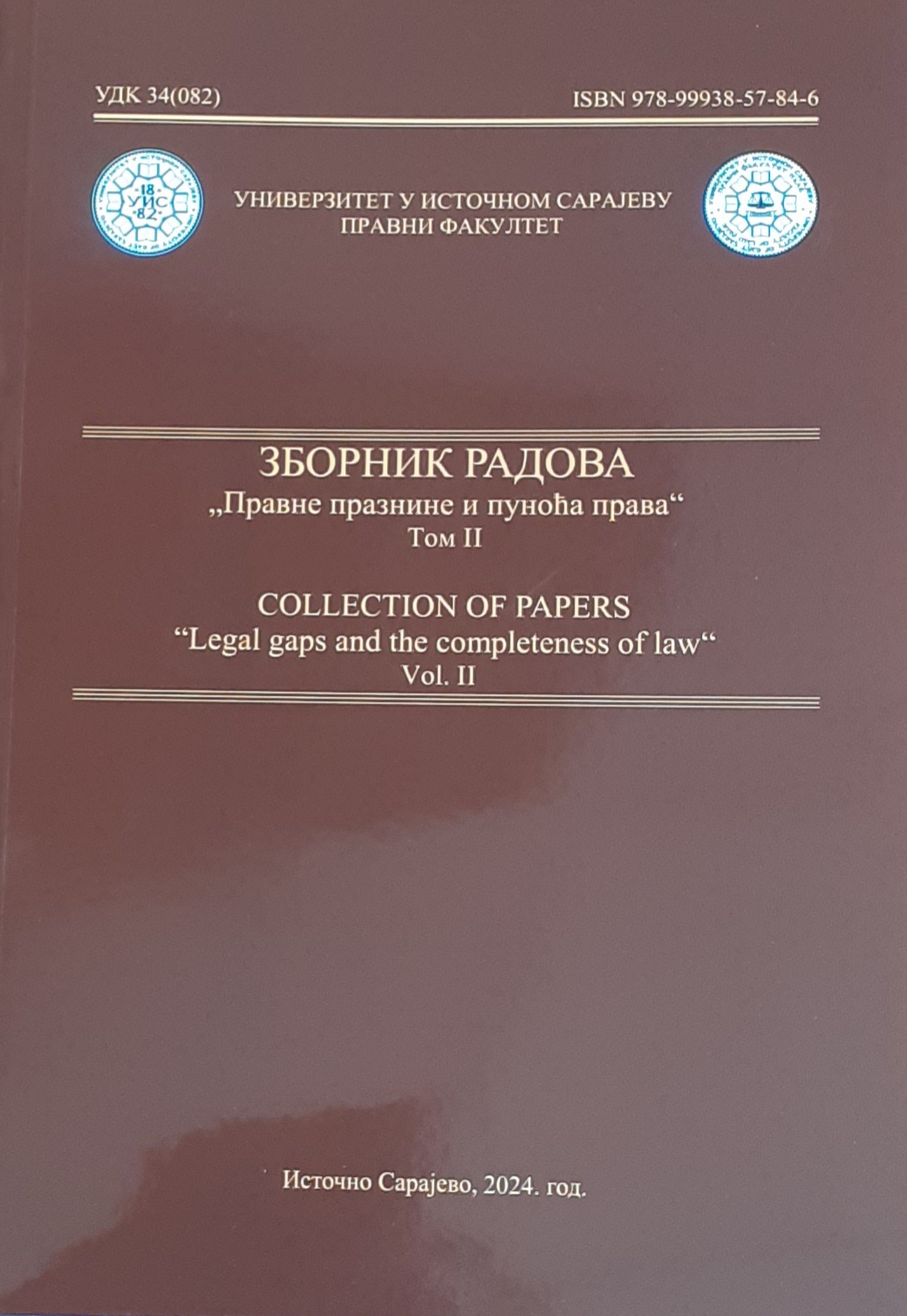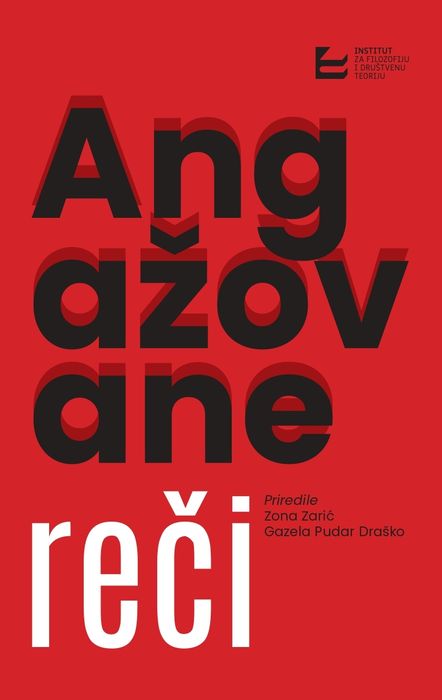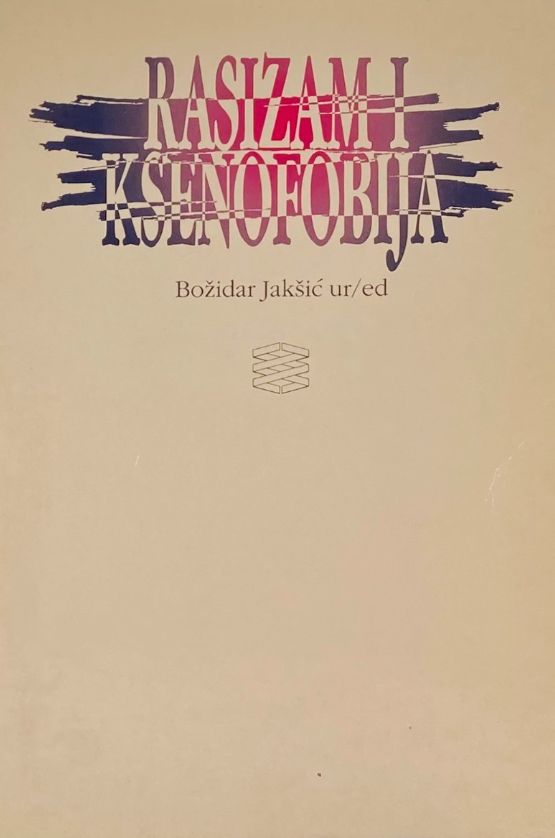
Изазови стратешког националног развоја Републике Сјеверне Македоније - квалитативна правна анализа студије случаја Републике Сјеверне Македоније
The Paper represents a qualitative study, conducted using legal analysis of competencies in developing and adopting a national development strategy in the Republic of North Macedonia. The Paper addresses the legal competencies of state actors and their capacities for adopting national strategic documents: parliament, government and the potential role and limitations of the chief of state. Furthermore, the paper gives an overview of the challenges of multisectoral scope of national development and collaboration with local government. The paper focuses on coordination mechanisms between central authorities and social partners, including horizontal coordination such as permanent bodies, ad hoc bodies, and intra-sectoral collaboration; as well as vertical coordination between the government and civil society organizations. The paper also analyzes strategies as mechanism for coordination and the provision of coherent public development policies.
More...





